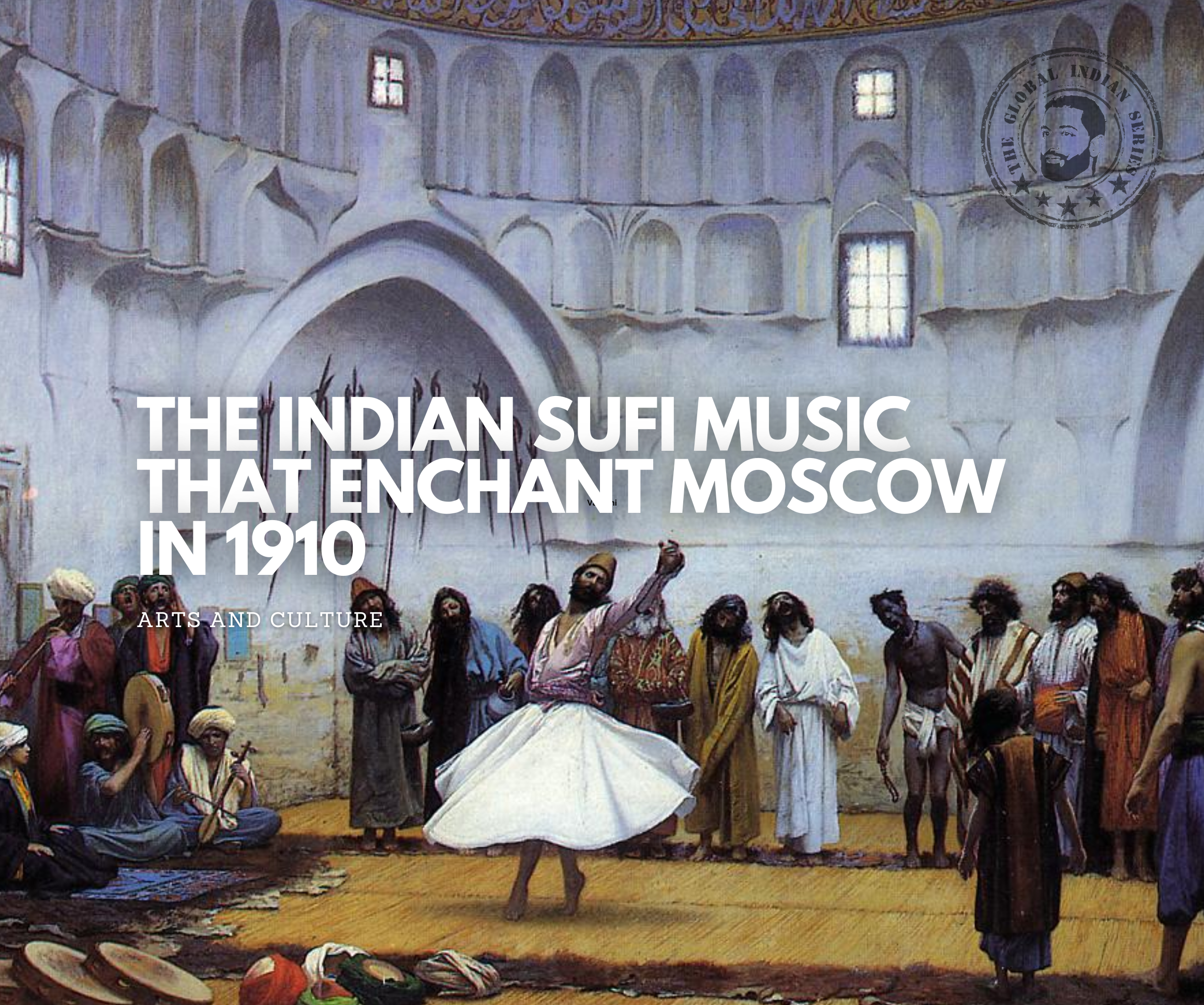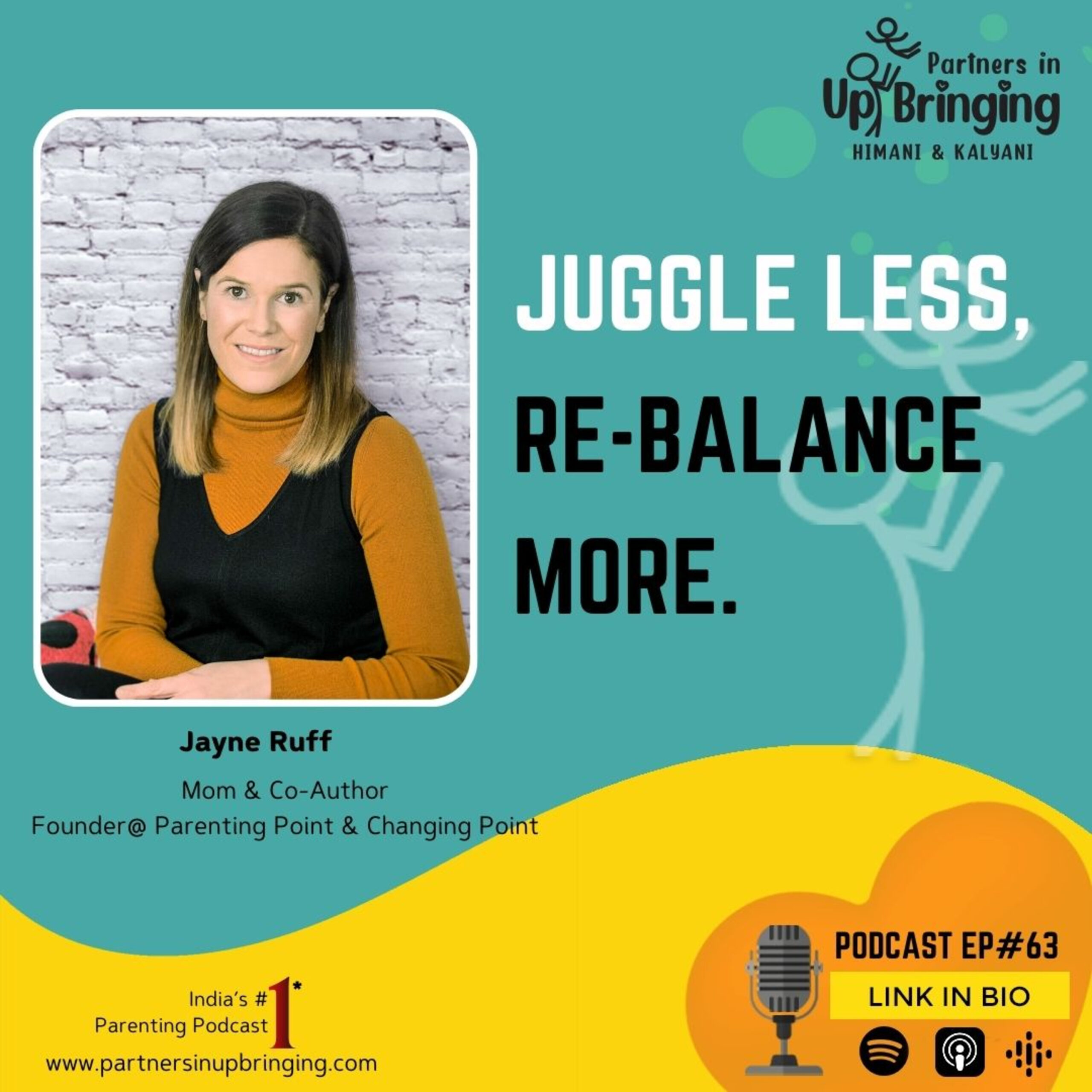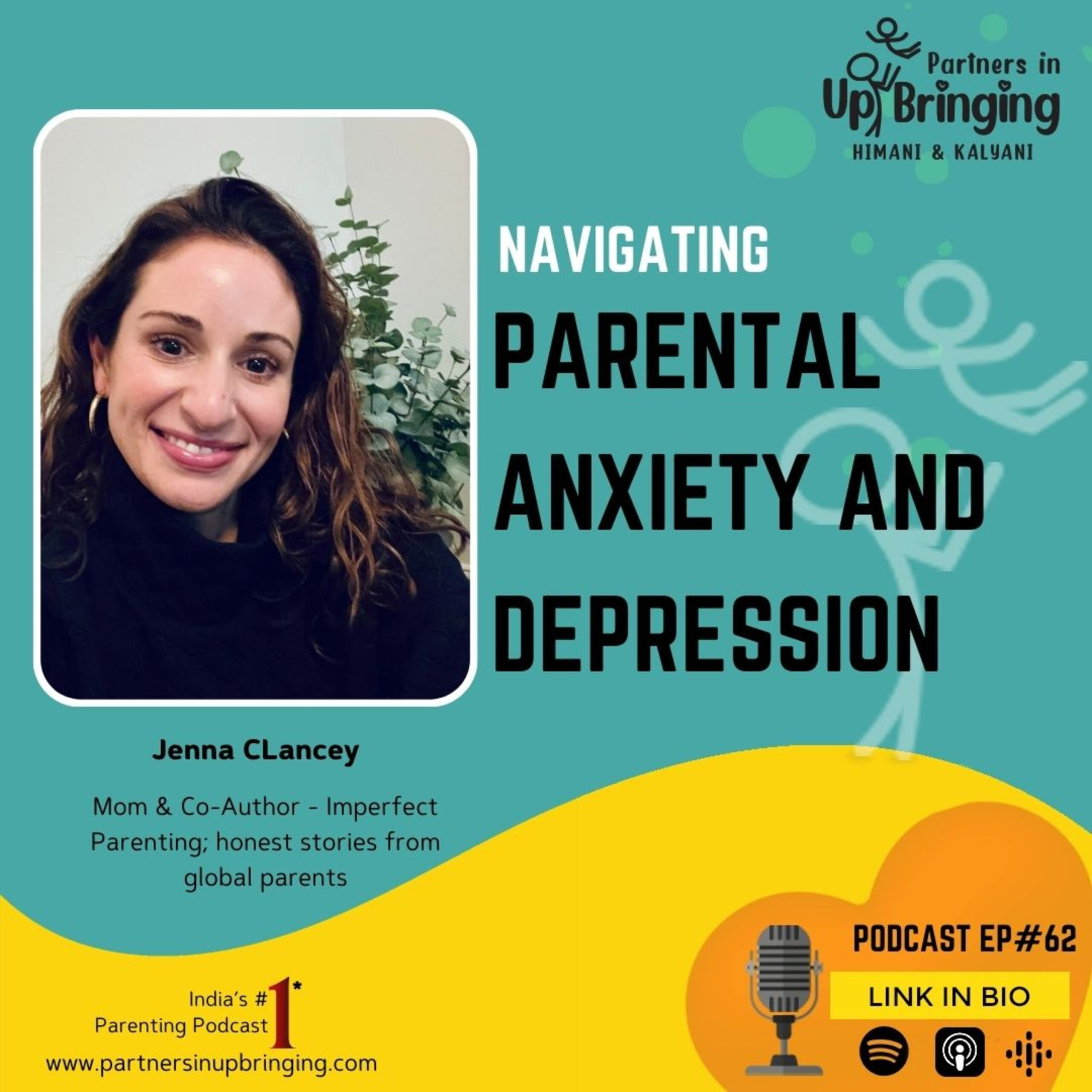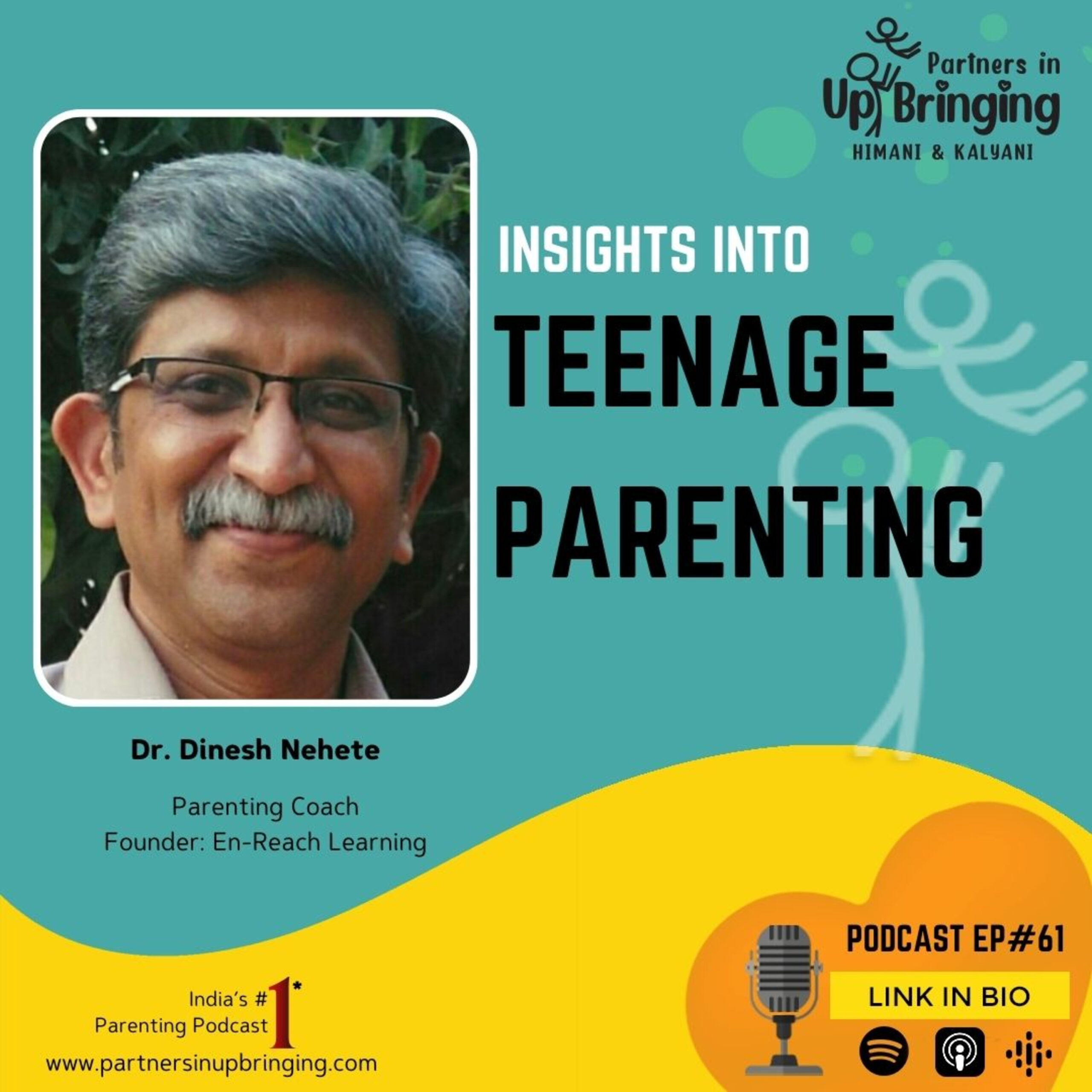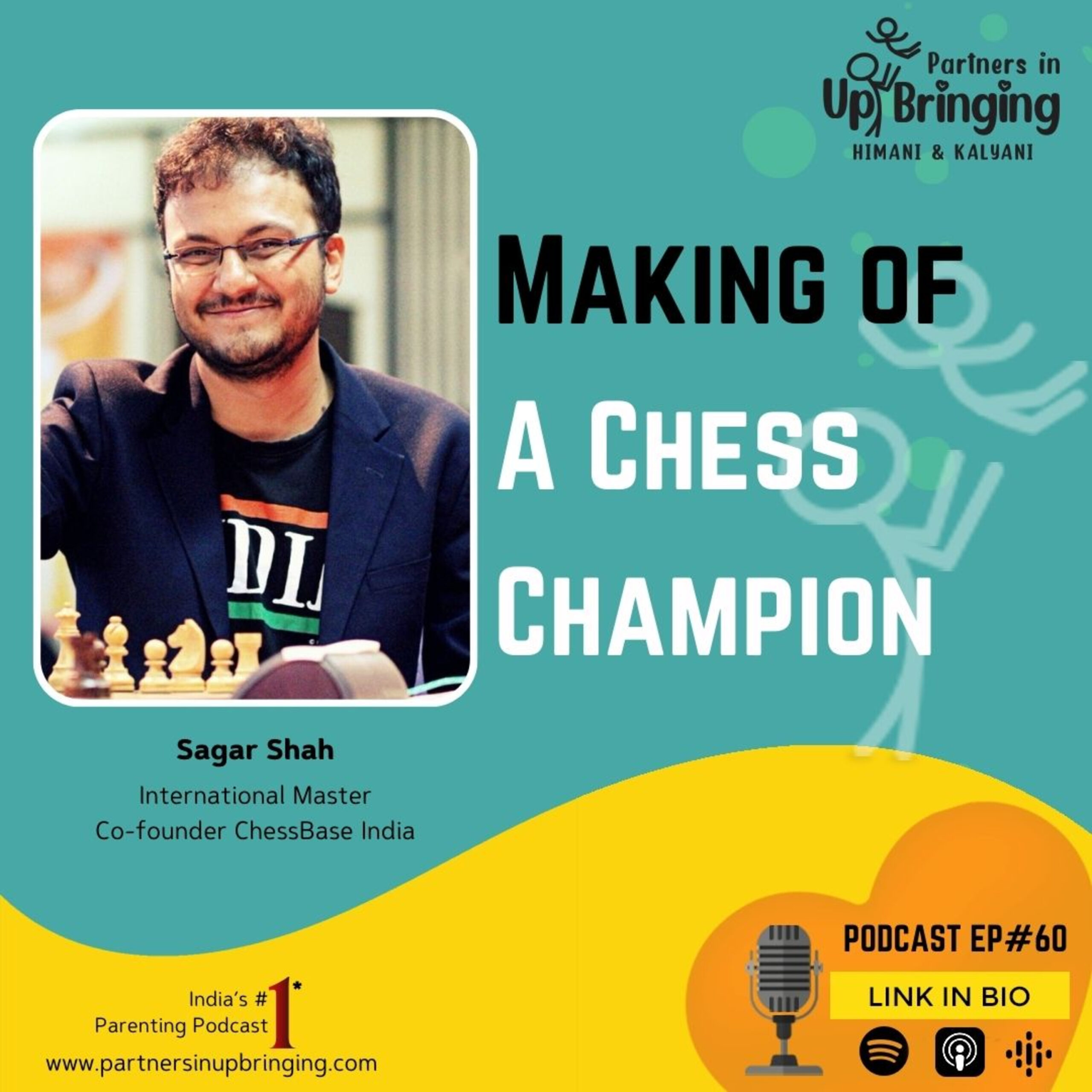The Indian Sufi Music That Enchant Moscow in 1910— On a chilly October night in 1913, the eldest son of Leo Tolstoy, Sergey decided to head over to Maxim, a famous cabaret, along with two of his friends-Symbolist poet Vyacheslav Ivanov and opera singer Feodor Chaliapin. As was the case in Paris, Berlin and other great European cities, the cabaret scene was thriving in Moscow in the years leading up to the First World War. The trio would have expected the usual amateur acts poking fun at bourgeoisie society followed by contemporary European music that loud patrons would enjoy over glasses of champagne. It was a pleasant shock that awaited them, however. They watched three Indian men perform Hindustani classical music, and were enchanted by the musicians.
The Indians performing at the cabaret were on a mission to promote the cultural, moral and spiritual values of Sufism. Hazrat Inayat Khan, his brother Maheboob Khan and cousin Mohammed Ali Khan had left the shores of India in 1910 and had lived in the United States and Britain, where they founded the Sufi Order of the West. The Indian Sufis were invited to Moscow by an impresario who thought their exotic music would catch the attention of the intelligentsia of the city.
From Baroda to Moscow
Born in Baroda in 1882, Inayat Rehmat Khan Pathan would grow up learning Hindustani classical music. His maternal grandfather Ustad Maulabaksh Khan was close to Maharaja Sayajirao Gaekwad III, and founded Gyanshala, an academy of Indian music.
“The prominent position of the Maulabakhshi Khandan brought its members outside the narrower Muslim circle and in close contact with leading Brahmin and Parsi families, a circumstance which strongly influenced Inayat Khan’s intellectual growth and way of thinking,” says Sufi teacher and Hazrat Inayat Khan’s grandson Zia Inayat Khan. This contact ensured that Hazrat Inayat grew up with a deep interest in philosophy, mysticism, Advaita Vedanta and Sufism.
A series of personal losses had a major impact on Inayat Khan. The death of his grandfather in 1892, the passing away of his brother (who was ten years younger than him) in 1900 and his mother two years later, would change the course of his life. In 1902, as a 20-year old, Inayat Khan travelled and performed in Mysore and Madras, where his music was greatly appreciated.
“He returned to Baroda for about one year, during which he published an anthology of his poems in different Indian languages under the title Sayaji Garbavali; but soon it became clear that another scene was needed for his development and his activities,” according to Zia Inayat Khan. “Steeped as he was in the Maulabakhshi music and musical concepts, he felt the urge to carry them to Hyderabad, the principal remaining centre of Moghul tradition and culture at the time.”
Working as a music teacher in Hyderabad, he wrote several musicological works, culminating in the publishing of Minqar-i Musiqar, a work on classical Indian music theory and practice. With this book his grandfather’s musical system was made available to Urdu readers. Inayat Khan would also become close to the Nizam of Hyderabad, and seemed poised to having a life of fame and fortune in India, but he was destined to go on a spiritual path. In 1904 he became a student of Syed Mohammad Hashim Madani, a Pir of the Chistiya Order of Sufis.
Before his death in 1908, Inayat Khan’s teacher told him to move to the West, and use the power of his art to unite East and West. “This somewhat shocked Inayat Khan – after all, he felt comfortable in India, was deeply rooted in its culture, was a court musician of one of the most influential rulers of India, a professor at music academies,” Sergey Moskalev, the editor of Inayat Khan’s books in Russian, said. “And now he had to go to an unknown place in order to unite the West and the East with his art.”
In 1910, Inayat Khan along with younger brother Maheboob Khan and cousin Mohammed Ali Khan moved to San Francisco. Another younger brother of his, Musharraf Khan joined them six months later. While the brothers staged small concerts in the U.S., Inayat Khan dedicated his time to studying the psychology and general conditions in the country. They lived in the country for two years and moved to Britain and then travelled across Europe.
“During their initial years in the United States and Europe they lived on money that was sent to them from India,” according to Moskalev. “It was a kind of asceticism, because they didn’t go to the West to earn money. For some time they wandered around America, then came to England, of which they were citizens. There were always people who were ready to help them organise concerts and lectures.”
It was in Paris that a Russian impresario met them and invited to Moscow.
Celebrity status in Russia
On that cold October night in 1913, Sergey Tolstoy, who had a deep interest in musical ethnography, approached the impresario and bought out Inayat Khan’s contract. The son of the great writer, who to an extent was influenced by Leo Tolstoy’s spiritual works, felt that such serious music should be showcased in more prestigious venues, and not in a cabaret.
Well connected with the elite of the city, Tolstoy arranged for a concert of Inayat Khan at the Moscow Conservatory. Word about the musicians began to spread across the Russian metropolis, and the group performed a few Hindustani classical music concerts at the Moscow Polytechnic Museum. Inayat Khan also conducted lectures in the city with the help of the Theosophical Society, which was keen to get the Russian elite better acquainted with Indian spiritual traditions.
Media house: OPEN
Link to original article: https://openthemagazine.com/columns/hazrat-inayat-khan-a-sufi-maestro-in-moscow/
Notes: apart from title change, the article has remained the same.
-------------------------------

